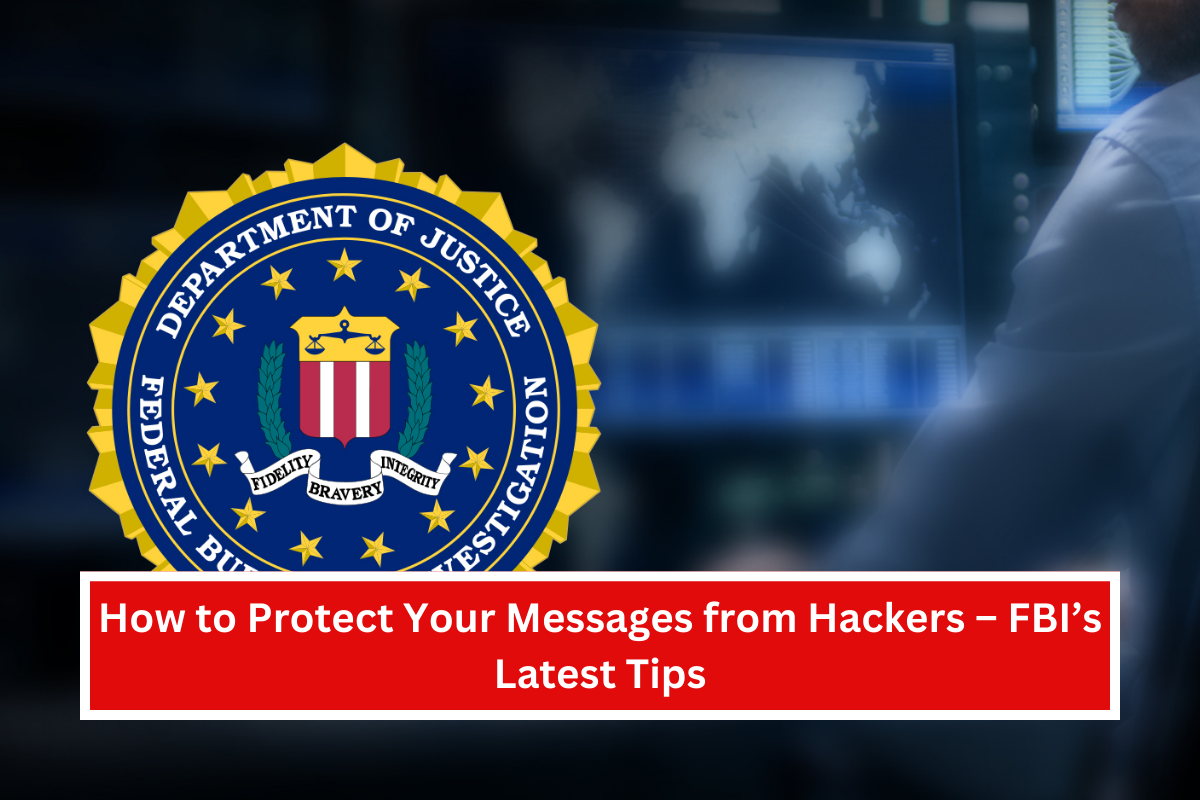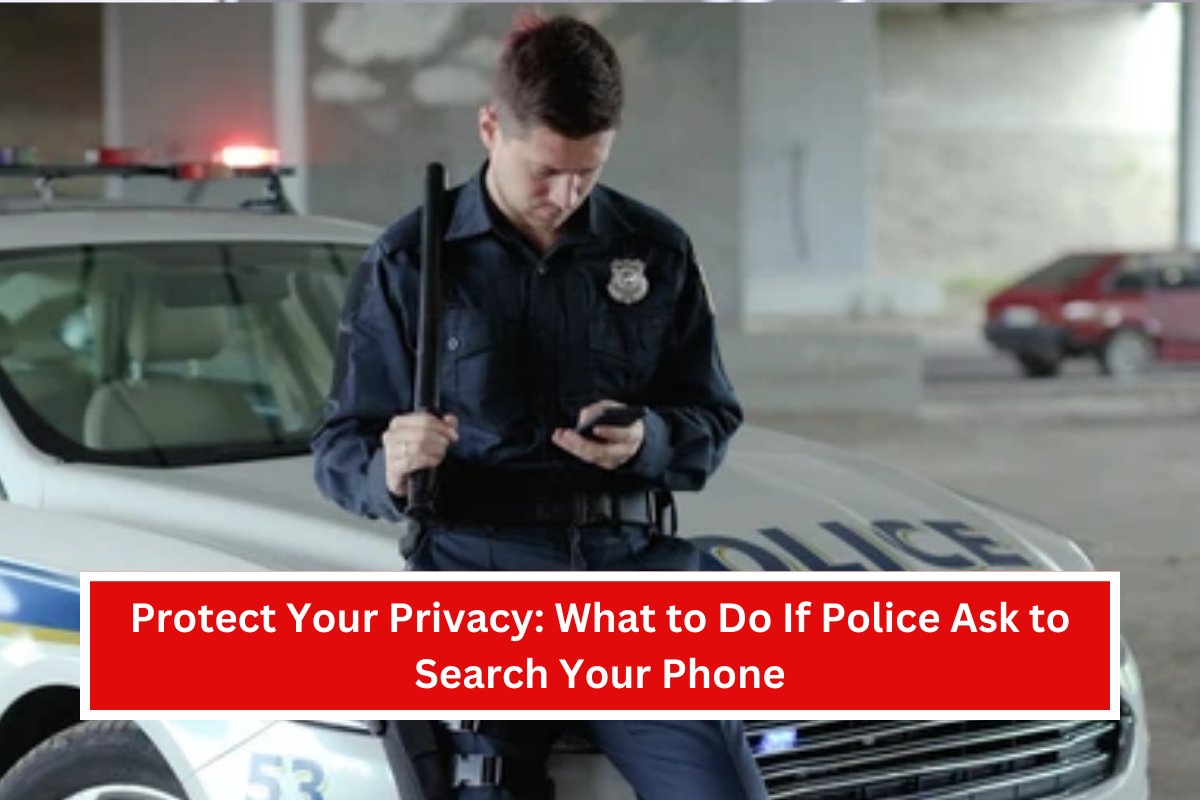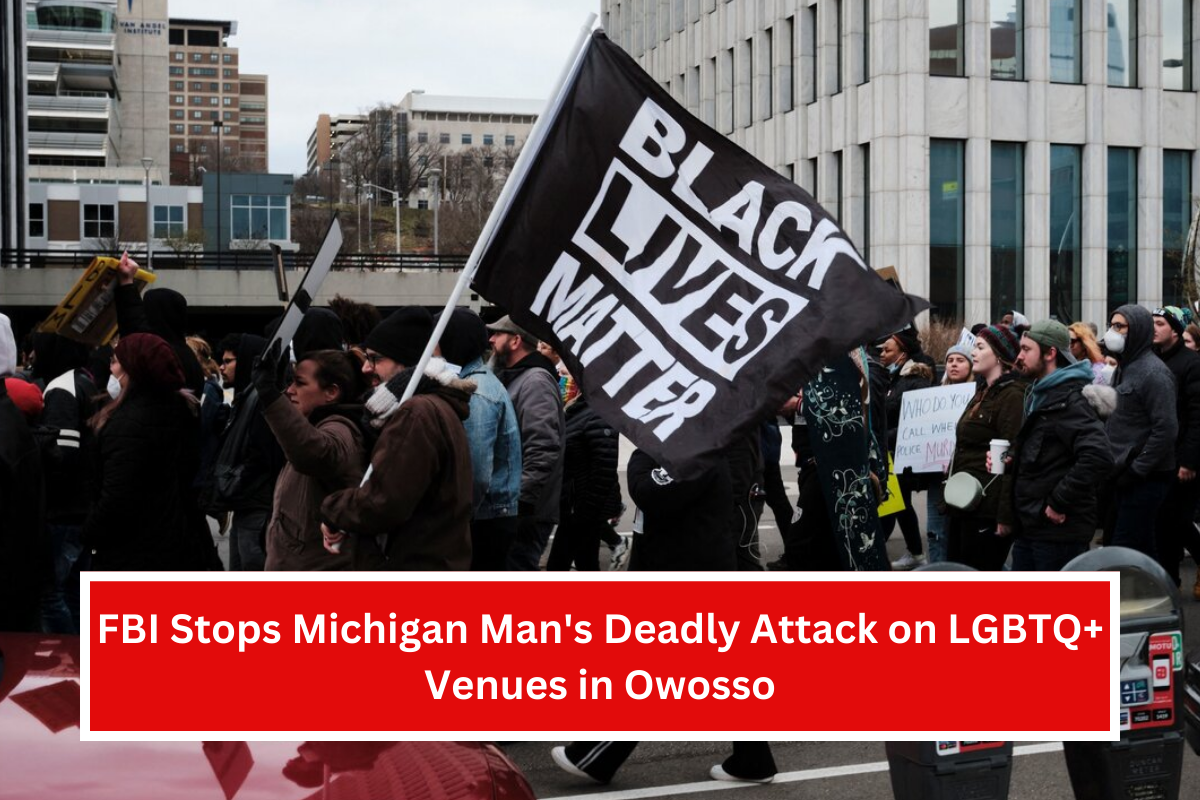The FBI and Cybersecurity and Infrastructure Security Agency (CISA) have issued a major warning about the safety of text messages. This advisory highlights vulnerabilities in text messaging systems that could expose your private data to hackers.
Recent reports suggest that Chinese government-linked hackers, known as “Salt Typhoon,” are targeting U.S. telecom systems. Their goal? To steal personal data and, in some cases, record phone calls.
If this news sounds alarming, don’t worry. This guide will help you understand the risks and how to secure your communications effectively.
Why SMS Messages Are Vulnerable
Most text messages sent via SMS are unencrypted, making them easy targets for hackers. Encryption ensures only the sender and recipient can access the message, but SMS lacks this protection. Security experts have warned about this issue for years.
Popular apps like WhatsApp and Signal use end-to-end encryption, which makes it nearly impossible for hackers to intercept messages. Apple’s iMessage and FaceTime also have this feature by default, while Android users can enable encryption via Google Messages. However, texts between iPhones and Android phones often remain unprotected.
How Hackers Exploit Your Messages
Hackers may intercept one-time passwords (OTPs) sent via text as part of two-factor authentication (2FA). By monitoring your messages, they can steal this sensitive information and gain access to your accounts.
The FBI and CISA recommend switching to secure authentication methods like:
- Google Authenticator or Authy apps for 2FA codes.
- Physical security keys for added protection.
Steps to Protect Your Privacy
Here’s what you can do to keep your messages secure:
- Use Encrypted Messaging Apps: Apps like Signal, WhatsApp, and iMessage offer reliable encryption for your conversations.
- Enable Automatic Updates: Update your phone’s operating system regularly to fix security vulnerabilities.
- Avoid SMS for Sensitive Data: Opt for secure 2FA methods instead of text messages.
- Stay Informed About Your Risks: Understand your “threat model” – the specific risks you face based on your activities.
Who Is Most at Risk?
While most people don’t need to worry about foreign hackers, some groups should take extra precautions, including:
- Business professionals sharing sensitive data.
- Journalists working with confidential sources.
- Activists in politically sensitive areas.
For most individuals, following basic security steps can mitigate risks from cybercriminals.
What Are Hackers Doing with Your Data?
According to the FBI, Chinese hackers have breached U.S. telecom systems, stealing metadata (information about your calls and texts) and, in rare cases, message content. Their primary targets include Washington, D.C., and sensitive government communications.
In response, the FBI urges individuals and companies to adopt encryption and strengthen security policies.
FAQs
- Why is SMS messaging risky?
SMS messages lack encryption, making them easy for hackers to intercept. - What is end-to-end encryption?
End-to-end encryption ensures only the sender and recipient can read a message, keeping hackers out. - What apps provide encrypted messaging?
Signal, WhatsApp, iMessage, and FaceTime offer secure communication options. - How can I secure my 2FA codes?
Use apps like Google Authenticator or physical security keys instead of receiving codes via SMS. - What else can I do to stay safe?
Regularly update your phone, use encrypted apps, and avoid sharing sensitive data over text.


















